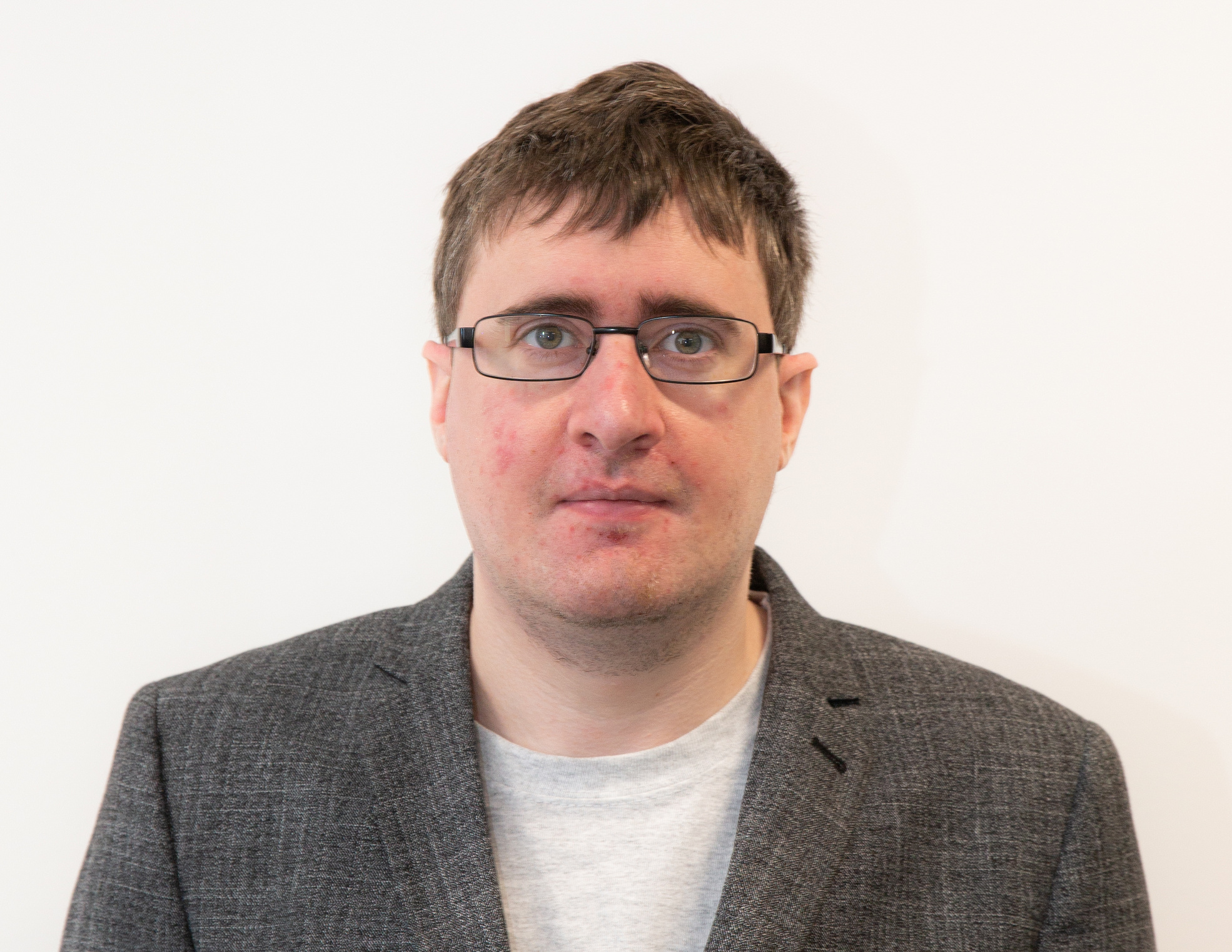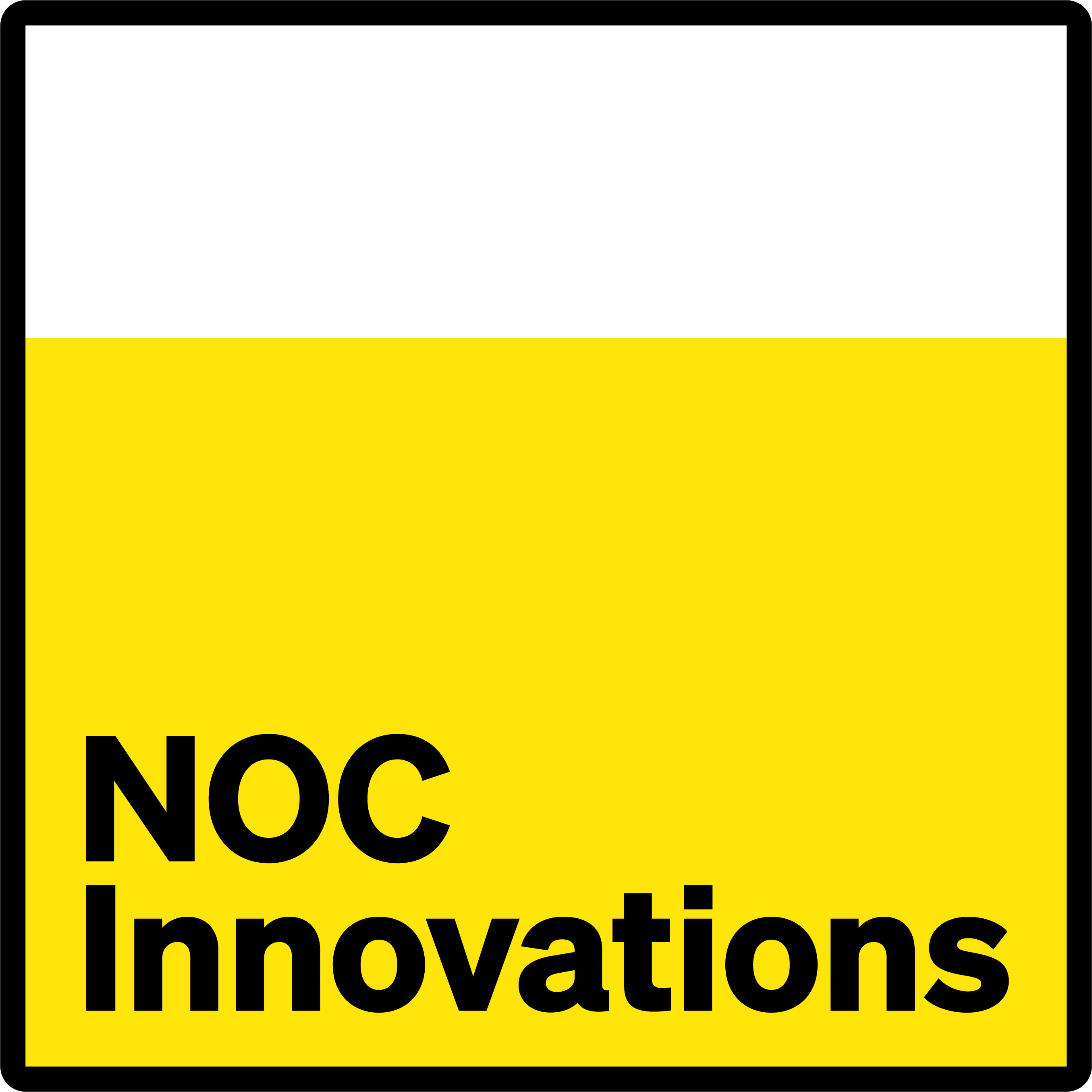Get to know our Net Zero Operations Research Fellow, Dr Lee Christie. Originally from Aberdeenshire, Lee has been part of the Net Zero Operations team at the NSC since the centre was founded in 2020. Prior to joining, Lee earned his PhD in computational intelligence from RGU, where he also earned his BSc (Hons) and MSc and worked within the School of Computing as a Research Assistant and later a Research Fellow.
What is your research all about?
At the NSC, my research has spanned optimisation of both transportation and renewable energy planning, with a focus on developing computational solutions for complex infrastructure challenges.
In the transportation sector, I developed models for the Scottish island ferry network, analysing and simulating seasonal passenger volumes and capacity requirements to inform fleet management decisions. I also created efficient spatiotemporal models for multi-modal public transit systems, creating reachability analysis tools that have been applied to transportation networks in the Scottish Highlands and Islands, West Yorkshire and Belgium. I am engaged in further research on mobility within the Orkney Islands.
Currently, my main work is on the Data for Net Zero (D4NZ) project, which aims to transform the North Sea energy system. My specific focus is on optimising offshore wind farm cable layouts and developing models to apply multi-objective optimisation algorithms that minimise infrastructure costs while maximising system reliability. This work contributes to the broader goal of creating a Smart Energy Basin - a digital twin that will support Scotland's transition to a net-zero energy system by 2045.
What or who first sparked your interest in your research subject?
My journey into computing began early, learning to program in Visual Basic at around 12 years old. Robert Gordon University was a natural choice for my BSc in Computer Science, where I enjoyed learning from the excellent lecturers how to implement reliable and rigorous programming methodologies and mathematical computer science theory.
It was during my MSc in Information Engineering that I discovered what would become my research interest. Taking a module taught by Prof. John McCall, I was introduced to stochastic optimisation methods like genetic algorithms. The elegant way these methods could find solutions by mimicking evolutionary processes tied in with my interest in both mathematics and programming.
This led me to pursue a PhD in the field. After completing my doctorate, I continued developing these research interests at RGU and briefly at the University of Stirling, before returning to RGU. I am now using applications of these computational methods to solve real-world problems optimising transportation systems and renewable energy infrastructure.
What impact is your research having outside of academia?
My research directly supports infrastructure planning and sustainability goals across Scotland. In the transportation sector, our ferry network models help operators make data-driven decisions about fleet management and capacity planning, ultimately improving service reliability for island communities. The reachability analysis tools we've developed for public transit systems are helping authorities better understand and enhance transportation accessibility, benefiting residents in both rural and urban regions.
Currently, our work on offshore wind farm optimisation has significant implications for renewable energy deployment. By developing tools that optimise cable layouts while balancing costs and reliability, we're helping developers and energy companies make informed decisions about wind farm infrastructure. This directly supports the acceleration of offshore wind energy in the North Sea, contributing to Scotland's net-zero ambitions.
Through both streams of work, we provide evidence-based insights that help stakeholders make better decisions about critical infrastructure - whether it's improving transportation connectivity for communities or supporting the transition to sustainable energy systems.
Are there any role models or mentors who have helped you along the way?
I am grateful for the support and guidance from Prof. John McCall – who has played multiple pivotal roles in my academic journey as an MSc lecturer, my MSc project supervisor, PhD supervisor, line manager, and later Director of the National Subsea Centre. He knows how to ask the right questions and give feedback on all areas of research, publications etc. and his leadership has been a key driving force in RGU’s research excellence as a whole.
What advice do you have for somebody embarking on a research career?
One of the most valuable pieces of advice I can offer PhD students is to build a strong network of peer support. Connect with fellow researchers not just within your immediate research group, but across different disciplines and universities. I made friends with PhD students at the University of Aberdeen who are studying subjects such as medical science, pharmacology and philosophy. It helps to have a community that understands exactly what you're going through and that can make all the difference. Also, be curious about all things, join student societies and play a lot of video games.
Favourite thing about the NSC?
I really appreciate how the NSC brings together people from diverse backgrounds and provides a space for friendly discussions and the strong connection with the School of Computing, at which I have taught three modules on introductory programming. The connection with the school is being strengthened by the recent restructuring and the positives are clear to see. While the remote location makes things tough somethings, at least we have the local Dyce Farm for the occasional social lunch.
What do you enjoy doing outside of work?
I am an enthusiastic lifelong learner. I spend a lot of my free time exploring programming languages and methodologies. Even after earning my PhD, I took four semesters of mathematics, switching from studying mathematics to studying the Japanese language during lockdown and recently celebrated the milestone of passing the Japanese Language Proficiency Test (JLPT) N5 exam.
My passion for programming extends to community involvement volunteering with the Aberdeen Python User Group (APUG) as part of the steering group. APUG operates under Code the City, an Aberdeen-based charity that champions tech and open data for civic good. There, I recently presented a series of programming challenges I devised and have previously given talks on topics such as object-oriented programming, gradual static typing, wrappers and decorators and creating AI to play poker.
To stay current with developments in the field, I enjoy listening to technology and programming podcasts. I am an avid gamer, enjoying modern games, but my favourite generation of video games will always be the 16-bit Super Nintendo (Super Famicom) for which I’ve been collecting and exploring Japanese-exclusive titles from this timeless age of gaming.








